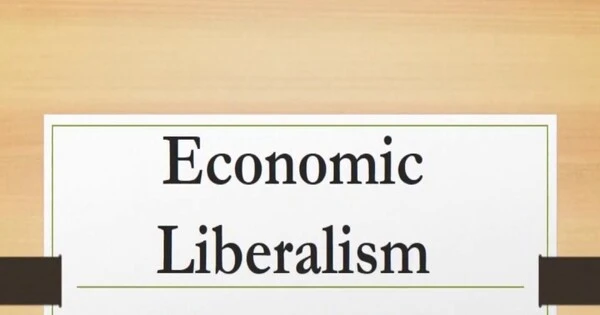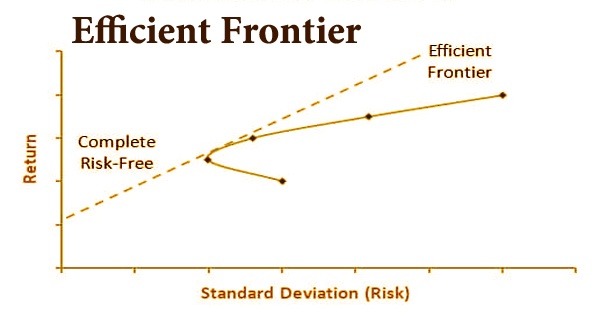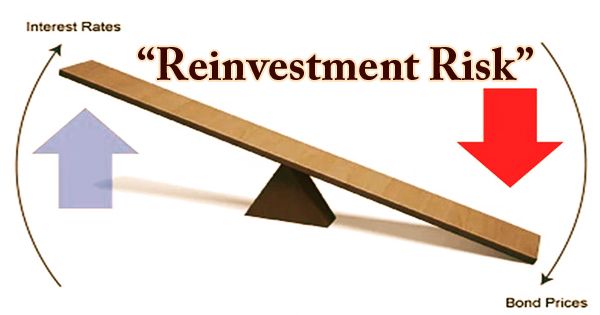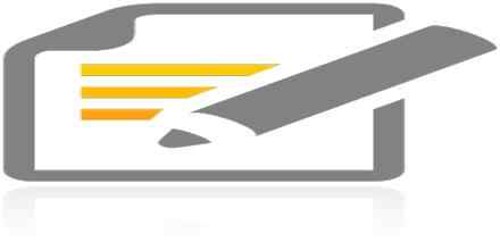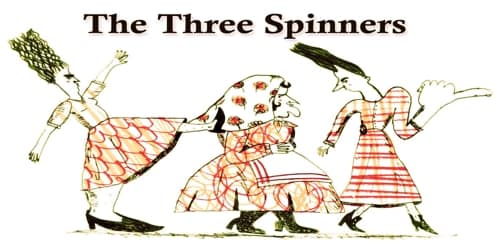Economic liberalism is a political and economic ideology that advocates for a market economy based on individualism and private property in the means of production. It is founded on the principles of personal liberty, private property, and limited government intervention. Economic liberalism has been broadly defined as the economic expression of 19th-century liberalism until the Great Depression and the rise of Keynesianism in the twentieth century.
A liberal capitalism or a liberal economy is one that is managed in accordance with these principles. Economic liberals generally oppose government intervention and protectionism in the market economy when they impede free trade and competition, but they support government intervention to protect property rights and resolve market failures. The problem is compounded when one asks whether this is all that government can or should do on behalf of individual freedom.
Economic liberalism arose from the theory of liberalism’s economics, developed during the Age of Enlightenment, particularly by Adam Smith, which advocates for minimal government intervention in the economy. This was initially done to promote the concept of private ownership and trade; however, due to a growing awareness of policy concerns, economic liberalism paved the way for a new type of liberalism known as social liberalism, which allowed for government intervention to help the poor.
As a result, the widespread appeal of Smith’s economic theories of free trade, division of labor, and the principle of individual initiative has helped to obscure the rich body of political liberalism found in his work. This encouraged the common man to own his own property and trade, gradually allowing individuals to take control of their positions in society. Economic liberalism is associated with markets and private ownership of capital assets.
Economic liberalism arose historically as a reaction to feudalism and mercantilism. Economic liberalism is now contrasted with protectionism because of its support for free trade and an open economy, and it is also seen as opposed to planned economies and non-capitalist economic orders such as socialism.
Liberalism is derived from two related features of Western culture. The first is the West’s preoccupation with individuality, as compared to the emphasis in other civilizations on status, caste, and tradition. Initially, the economic liberals had to contend with the supporters of feudal privileges for the wealthy, traditions of the aristocracy and the rights of monarchs to run national economies in their own personal interests. By the end of the 19th century and the beginning of the 20th century, these were largely defeated.
Economic liberalism is now associated with classical liberalism, neoliberalism, right-libertarianism, and some conservative schools, such as liberal conservatism and fiscal conservatism. They typically adhere to a political and economic philosophy that advocates for fiscal restraint and a balanced budget through measures such as low taxes, reduced government spending, and reduced government debt. Common positions include free trade, deregulation, tax cuts, privatization, labor market flexibility, and opposition to trade unions. Economic liberalism is philosophically similar to classical liberalism and fiscal conservatism.
